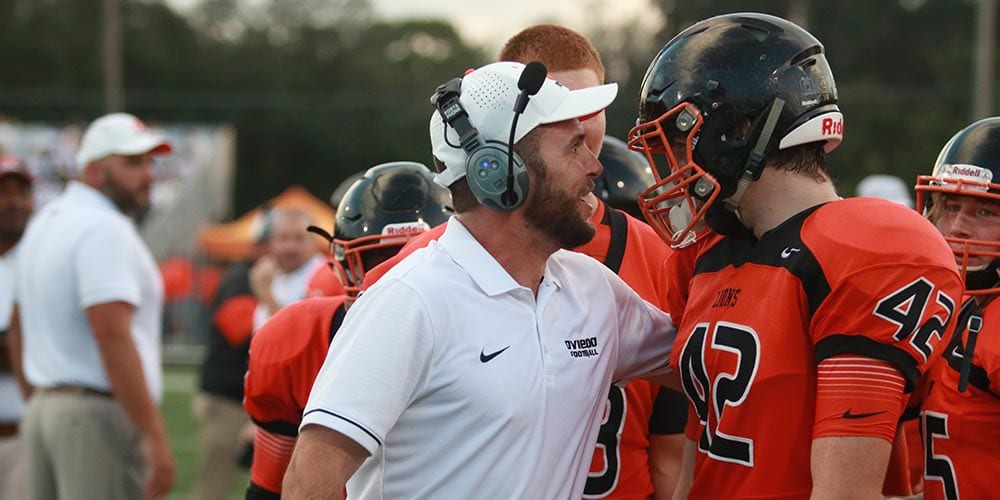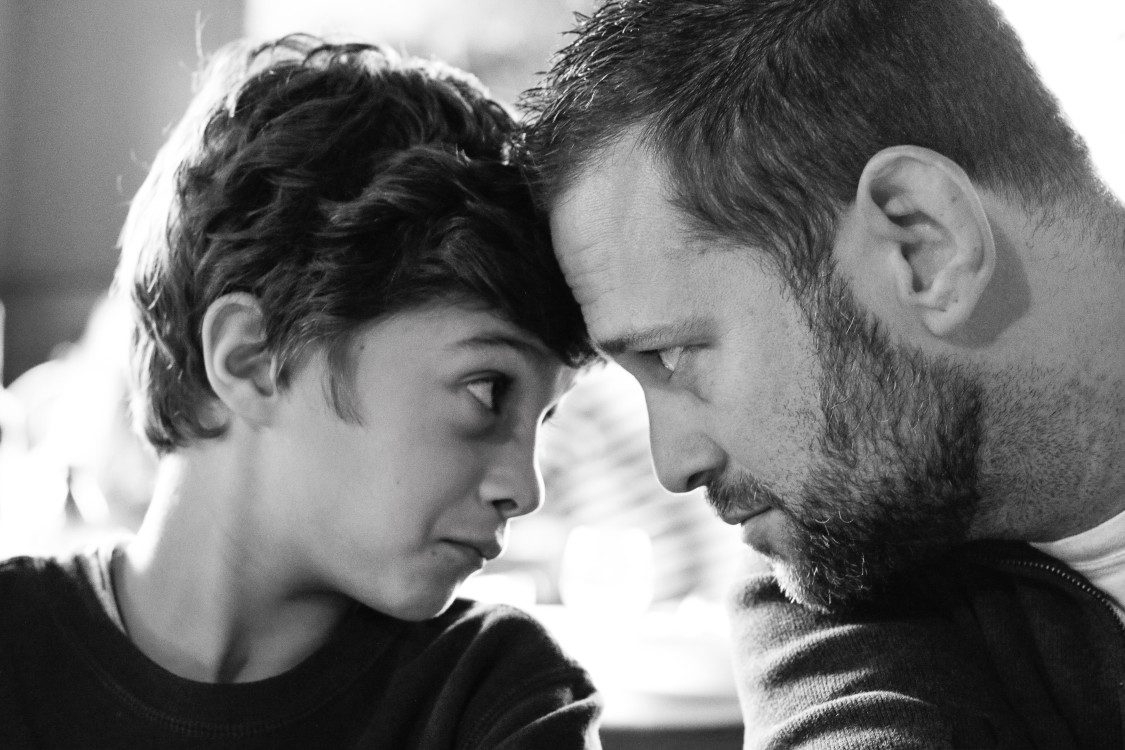Being a dad is not for the faint of heart. The hours are long. Multi-tasking is a must. The stakes are high. Failure is inevitable.
That’s right, you will fail.
You’re welcome.
But failing at certain aspects of parenting is not the same as being a failure as a dad. In fact, one of the keys to being a good dad is failing well. How do you do that? By learning from your failures.
Here are 7 common ways we fail as dads. My hope is that this list isn’t an invitation into shame, but rather into positive change. Like taking a wrong turn on a road trip, recognizing the signs of failure simply helps us to recognize our need to turn around.
1. Assume You Know
Albert Einstein once said, ‘a true genius admits that he or she knows nothing’.
Assuming we know what we’re doing is a sure fire way to fail. Choose humility. Read books and articles on issues you’re dealing with. Ask trusted older friends for wisdom. Take seriously what your kids are telling you (without handing over control to them). Talk with your spouse.
The first step in the right direction is having a realistic understanding of yourself.
2. Analysis Paralysis
Remember how I said humility is key? I meant that, however, just because you don’t know exactly the right thing to do doesn’t give you permission not to act. Paralysis by analysis is a real thing. Kids don’t need you to wring your hands in fear of making the wrong decision. They need you to lead them, and then when you make a mistake, own it. But remember, as little as you know, you know more than they do.
3. Teach Your Child They Have to Earn Your Love
It’s unrealistic to think that you should never be mad at your kids. You’re human. Sometimes they treat you badly. You’re not wrong for being angry or hurt or disappointed. That just makes you human.
However, you are also the adult in the room. If you give your kid the silent treatment, refuse to say ‘I love you’, become withdrawn, get petty to ‘get revenge’, or choose any number of other counter-productive ways of removing yourself from relationship with your child, you are communicating that his or her actions determine your love for them.
By all means, communicate that you’re frustrated. Even tell your child you need some space because you’re hurt or angry. But even when you don’t feel warm feelings toward your child, be sure to communicate your love and commitment to them.
4. Allow Yourself to Be Distracted
You’ve definitely done this. You may be doing it now by reading this article instead of tossing a football or having a conversation with your child.
We all do it all the time. But be assured, distraction is a choice. And it is failure. We’ve got to take control of our attention and focus it on what matters. No one can do this for you. Work hard at work. Carve out time for play. When you are with your kids, pay attention.
5. Work to Make Your Kids’ Lives Easy
Pain stinks. I hate it. You hate it. Your kids definitely hate it. But it’s also a fact of life and can be a great teacher. When the coach corrects them, they should listen. If their friends complain they are bullying, ask hard questions. When they complain because something is hard, don’t rescue them, teach them to push themselves and work hard. Don’t just give them everything they want, but teach them the need to plan and work and save and delay gratification.
6. Forget How to Laugh
Life is hard. Don’t take it too seriously.
Robert Frost once quipped, ‘If we couldn’t laugh, we would all go insane.’
It’s true. Have fun with your kids. Wrestle with them. Tell ‘Dad jokes’. Watch goofy comedies. Be silly. Laugh often.
7. Beat Yourself Up for Failing
Remember that time I told you that you would fail? Want to know how I know? I’ve failed. We all fail. The key is what we do with it.
C.S. Lewis said, ‘Failures are finger posts on the road to achievement.’ He was right.
Failure is not the end, it’s an opportunity for a new beginning. Fail well, friends.
Sound off: Where do you see yourself in these failures? What can you learn from them?











Huddle up with your kids and ask them for forgiveness for a time when you felt like you failed as a parent. Then tell them what you learned from that mistake.